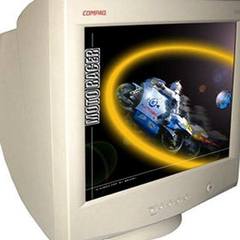Intel Coffee Lake Leaked News
-
Topics
-
0
-
HYSTOU ·
Posted in Laptops and Pre-Built Systems0 -
Sychicyuto ·
Posted in Troubleshooting2 -
noidea213 ·
Posted in Graphics Cards2 -
TheNaitsyrk ·
Posted in Graphics Cards2 -
3
-
12345678 ·
Posted in Programs, Apps and Websites0 -
Rummers ·
Posted in New Builds and Planning4 -
a7med ·
Posted in CPUs, Motherboards, and Memory1 -
7
-
-
play_circle_filled

Latest From Linus Tech Tips:
Every Monitor Fails This Test… Except One - Sun Vision rE rLCD Display
-
play_circle_filled

Latest From ShortCircuit:
The World's Fastest CPU (Technically...) - Intel i9-14900KS















Create an account or sign in to comment
You need to be a member in order to leave a comment
Create an account
Sign up for a new account in our community. It's easy!
Register a new accountSign in
Already have an account? Sign in here.
Sign In Now